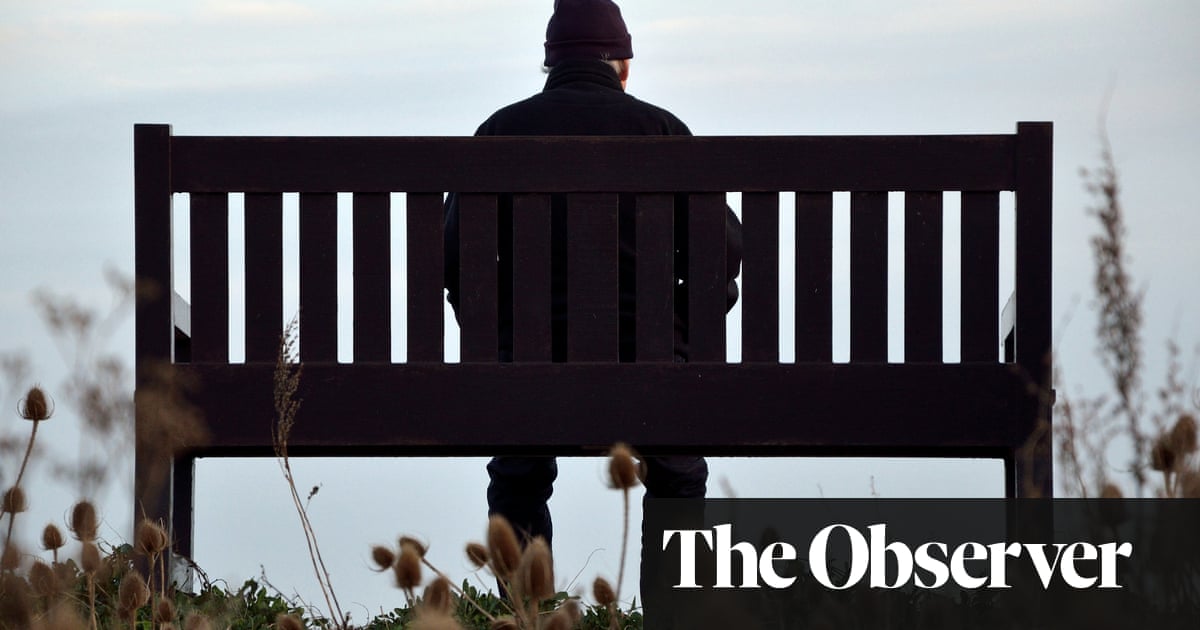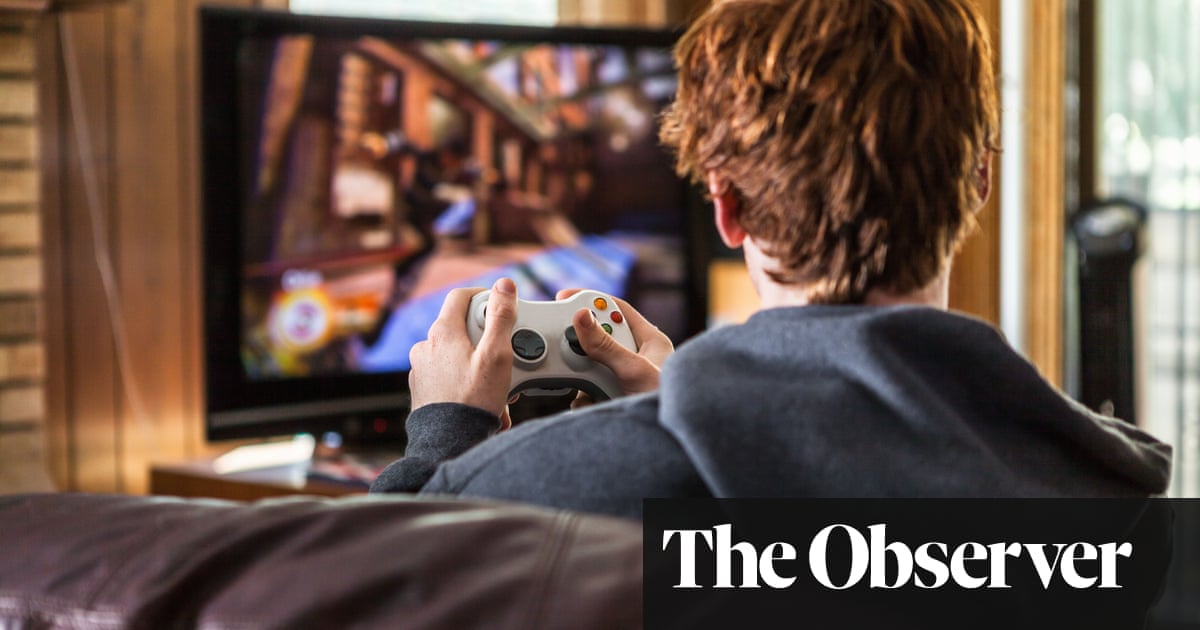
The question I’m a single woman in my 40s. I have a career and I own my flat, but I’m continually unhappy. I’ve been taking all sorts of antidepressants on and off for the past 20 years and have seen different types of therapists, doctors, psychiatrists and have attended anger management and mindfulness courses, retreats, yoga. Nothing works. My brain scans are normal.
My siblings are all happily married with kids. I’ve always wanted a family, but I’ve never had a healthy, functioning relationship with a man. My intimate relationships have been extremely volatile. I have loads of friends, but no close ones. They’ve told me they never know when I’ll kick off.
I struggle to remember my childhood and actively cut off thoughts if my mind wanders there. I’m just back from visiting my mum and dad. I behaved disgracefully and accused them of not helping me, not caring about me and telling them my miserable life is their fault. They cried and I am disgusted with myself for treating them like that. I can’t believe I can do that to them. They are very loving, kind, generous parents who literally do anything for me. I really regret kicking off like I did.
Why on earth am I so angry and what can I ever do to repair my sorry life?
Philippa’s answer The opposite of love is not hate, it is indifference. You appear too good at showing the hate part of your love. It is as though you have a compulsion to test a relationship. You are possibly insecure and need love, but at the same time appear to resent anyone you do love, maybe because you fear being powerless. People with these traits often act out – “I hate you, don’t leave me” – towards the people they are closest to.
You’ve had therapeutic help over the years and “nothing works”. No, nothing will until you engage with it. Therapy is not like a medicinal cream that you just rub on and miraculously the rash disappears. When it comes to improving your mental health, you must engage with the help. You have to do the work. There are no miracles. Mindfulness, body work, psychotherapy, etc, are tools. You must be the worker in charge of those tools to make them work for you. Change is much, much easier with the tools than without them, but engagement is key.
Whatever your experience was growing up, you don’t want to face it. Maybe something traumatic happened, or there was an ongoing situation that you had difficult feelings about. When you repress an experience you had as a child and don’t put it into words (or pictures), if something in your current life reminds you of that time, then you experience the feelings you had back then all over again. Or, you fear the danger of re-experiencing those feelings. If those feelings were sadness, shame or fear, it is easier for some of us to go to anger, rather than dare to be vulnerable again. You seem scared to look at the past, but I think if you do, it might not be as frightening as you fear because, unlike back then, you are now in charge of your life.
If, in our past, we got used to having an enemy or a constant threat, it is as though our unconscious, so conditioned to having one, will see that enemy in others. When you find out more about your inner demon – that thing in your childhood you don’t want to look at – you will finally face that original enemy and will no longer need to keep on making enemies out of others in an unconscious attempt to finish it off.
When we dare to keep putting the difficult stuff into words, we gradually take control of it, rather than it controlling us. The more you take out the demons from their box and look at them, the less frightening they become – in the same way as the more you use a pencil the blunter it gets. It seems unfair that it is you who has to do this work because it will be your genetic makeup, together with your environment, that created your unhelpful patterns of response, but no one else can do it for you.
Learning to control impulsivity does not come naturally to everyone. The key is to concentrate on developing the skills needed in the following areas: tolerating frustration, flexibility, problem-solving skills, and learning to see and feel things from other people’s points of view. Some people naturally pick up these skills as they grow up and others need to learn them in adulthood. Learning how to reflect and then respond, rather than just reacting, is a slow process requiring practice and patience and usually professional help, too. Just like building new muscle in the gym takes time, so does building the necessary new pathways in your brain.
You are getting a lot right. You have somewhere to live. You can hold down a job and are beginning to take responsibility for your problems. My book, The Book You Wish Your Parents Had Read, is not just useful for parents but for anyone who has ever been a child and needs to know how their past is affecting their present relationships. Another book I wrote, Couch Fiction, is a graphic novel showing how therapy can work.












